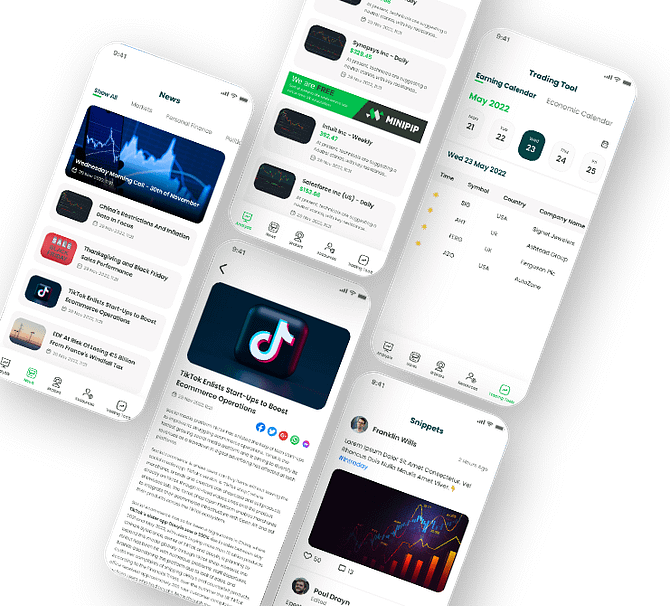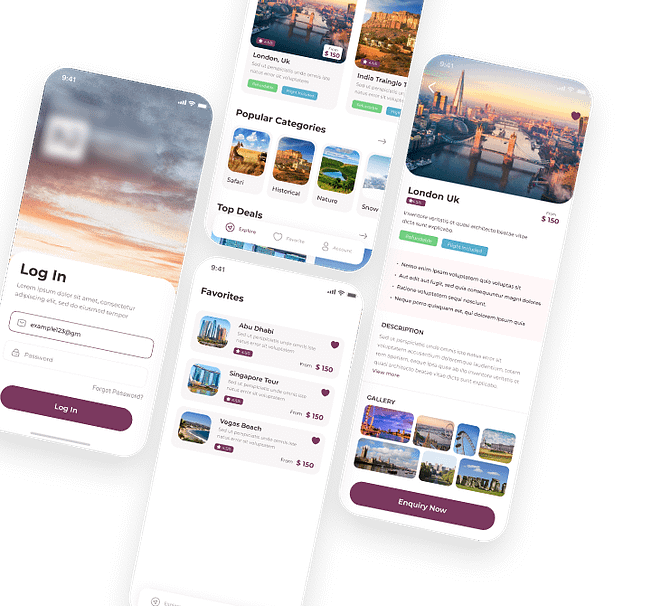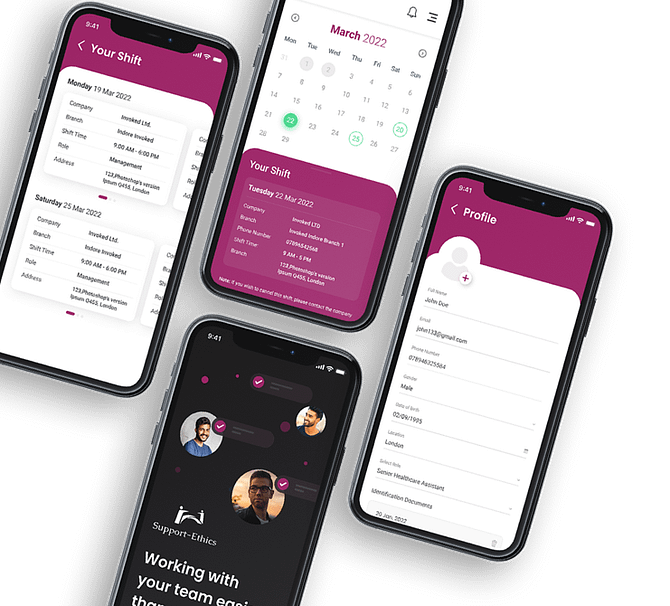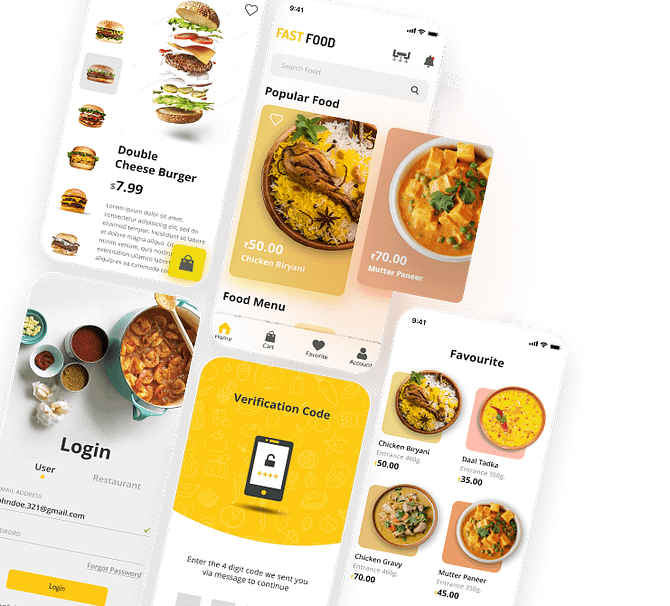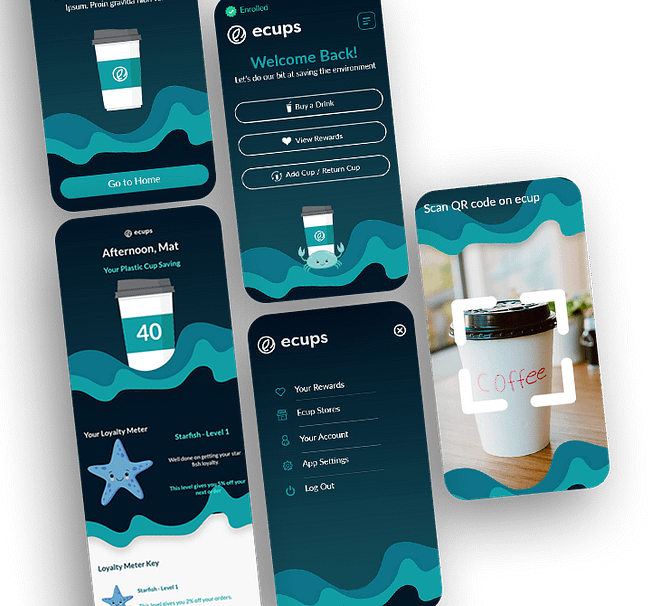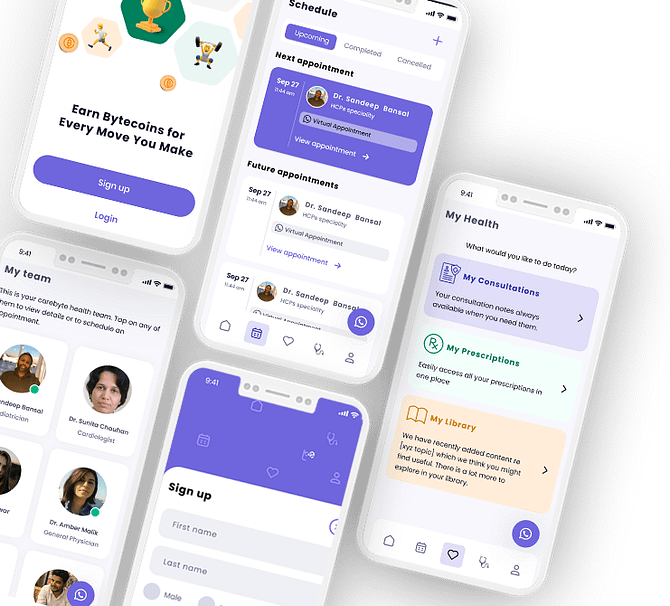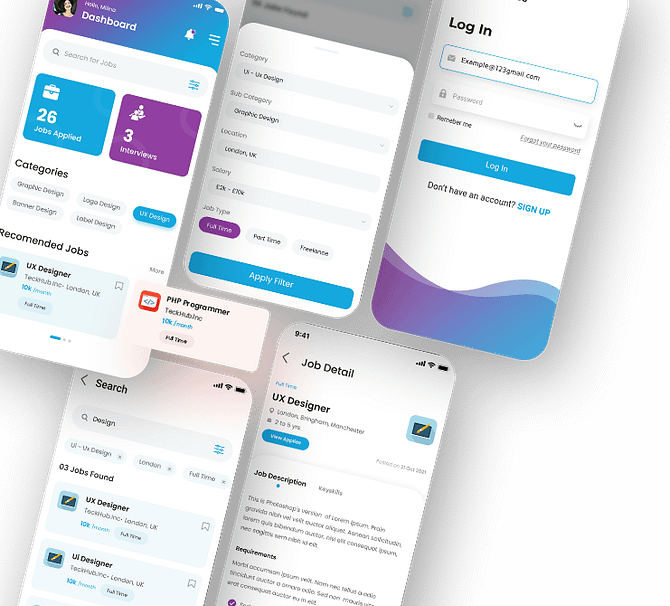As we approach 2025, the debate between hybrid app development and native app development continues to shape the mobile app landscape. Each approach offers unique benefits, and both are playing a crucial role in revolutionizing mobile app development in the UK and US. Businesses are leveraging these strategies to improve user experiences, reduce costs, and enhance scalability.
The Role of Hybrid Apps
Hybrid app development combines the best of web and native technologies, enabling businesses to build apps that work across multiple platforms with a single codebase. This approach is ideal for businesses aiming to reduce development costs and time-to-market.
Case Study: Instagram
Instagram successfully adopted a hybrid app development strategy to improve its performance and user engagement. By leveraging hybrid technology, the app’s development team optimized how content is displayed and ensured a consistent user experience across iOS and Android. This move allowed Instagram to scale quickly and maintain its position as one of the most popular social media platforms globally.
The Advantages of Native Apps
Native app development, on the other hand, focuses on building apps tailored to a specific platform, such as iOS or Android. This approach ensures high performance, better integration with device features, and a seamless user experience.
Case Study: Airbnb
Airbnb initially used a hybrid framework but transitioned to native development to enhance user experience and integrate more advanced features. The decision resulted in smoother app performance, improved design consistency, and better utilization of platform-specific capabilities like GPS and push notifications. This shift helped Airbnb maintain its competitive edge in the global travel market.
Key Trends for 2025
- AI-Powered Features
Artificial Intelligence (AI) is becoming a cornerstone of both hybrid app development and native app development. Apps in the UK and US are increasingly incorporating AI-driven features like chatbots, personalized recommendations, and predictive analytics to enhance user engagement.Interesting Fact: According to a Gartner report, by 2025, 70% of mobile apps will feature AI-driven capabilities, making it a critical trend for businesses in mobile app development.
- Focus on Sustainability
With growing awareness about environmental impact, businesses are adopting eco-friendly practices in mobile app development. Hybrid frameworks like Flutter and React Native enable developers to reduce code redundancy, which aligns with sustainability goals.Interesting Fact: Studies suggest that apps developed using hybrid frameworks consume 30% less energy during the development process compared to separate native apps for each platform.
- Enhanced Security
In 2025, security will remain a top priority for businesses in mobile app development in UK and mobile app development in US. Both hybrid and native apps are integrating advanced security features like encryption, biometric authentication, and real-time threat detection.
Case Study: Banking Apps Leading financial institutions like Barclays in the UK and Chase in the US are leveraging native app development to incorporate state-of-the-art security measures. This ensures user trust and protects sensitive financial data, reinforcing the importance of native apps for industries where security is paramount.
Conclusion
The future of mobile app development lies in striking the right balance between hybrid and native app development. While hybrid apps excel in cost-efficiency and scalability, native apps offer unparalleled performance and deep integration with platform-specific features. Successful examples like Instagram, Airbnb, and major banking apps demonstrate how both approaches are shaping the future of mobile development in 2025.
By staying informed about trends like AI integration, sustainability, and enhanced security, businesses can make informed decisions to build apps that meet their goals and delight their users. Whether it’s mobile app development in UK, mobile app development in US, or beyond, hybrid and native strategies will continue to redefine the industry.











